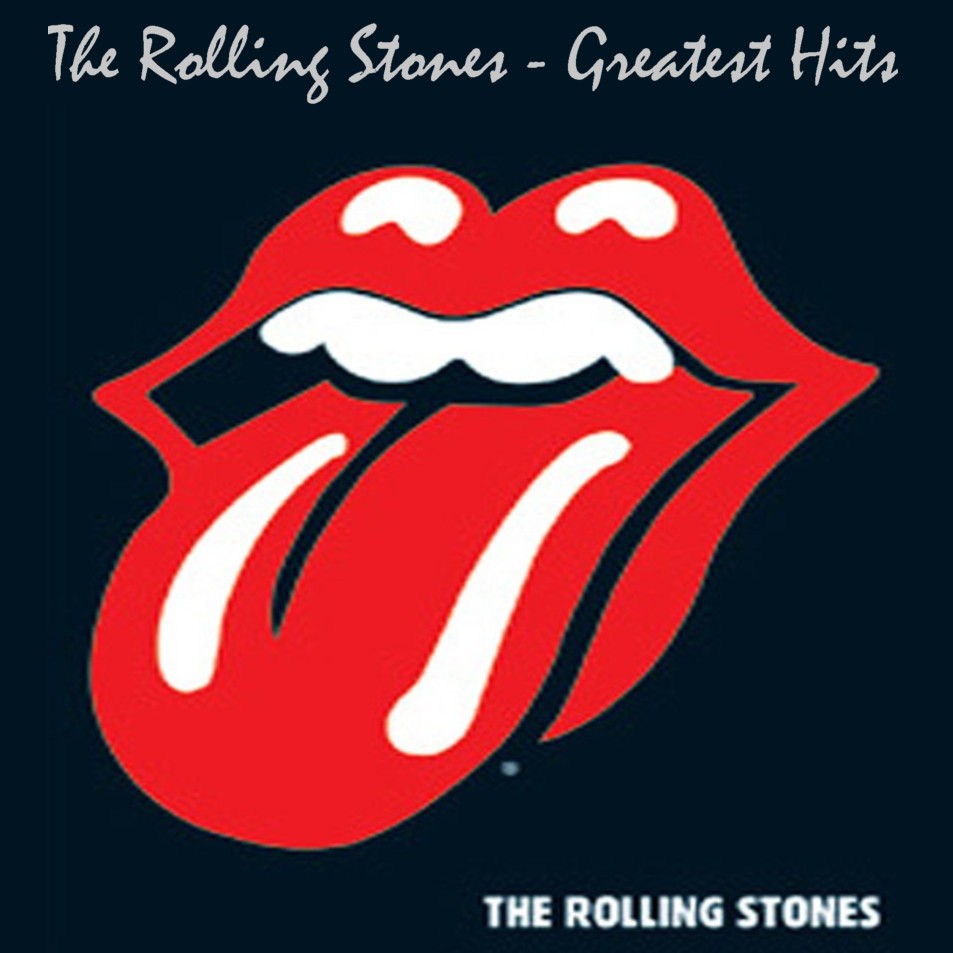Deconstructing Rolling Stone's 500 Greatest Songs: A Sonic Deep Dive
What makes a song iconic? Is it the raw emotion, the infectious rhythm, or the cultural moment it captures? Rolling Stone magazine's endeavor to define musical greatness with its "500 Greatest Songs of All Time" list has ignited debate and shaped musical discourse for decades. This list, a constantly evolving testament to sonic influence, continues to spark conversation about artistry, cultural impact, and the subjective nature of taste.
The "500 Greatest Songs" list first appeared in 2004, a collaborative effort by musicians, critics, and industry figures. It aimed to capture the most significant songs across genres, from rock and roll to soul, hip-hop, and beyond. The project's ambition was to create a definitive canon, a guide to the essential tracks that shaped modern music. However, from its inception, the list has been a lightning rod for controversy.
The list's inherent subjectivity is its most defining characteristic and its greatest point of contention. Critics argue that its biases towards certain genres and eras, notably classic rock, undermine its claim to objectivity. Others point to the underrepresentation of female artists and artists of color as evidence of systemic biases within the music industry itself, reflected in Rolling Stone’s choices.
Despite the criticisms, the "Greatest Songs" list has undeniably influenced how we perceive musical history. It has introduced generations to influential artists, sparked renewed interest in forgotten classics, and provided a framework for understanding the evolution of popular music. The list's impact extends beyond mere ranking; it has become a cultural touchstone, a point of reference for discussions about musical taste and artistic merit.
Understanding the historical context of the list is crucial. The 2004 version reflected the musical landscape of that time, and subsequent updates in 2010 and 2021 attempted to address some of the initial criticisms and incorporate evolving musical trends. These revisions demonstrate the fluid nature of musical canons and the ongoing dialogue surrounding what constitutes “greatness” in art.
One benefit of the list is its educational value. For music enthusiasts, it serves as a starting point for exploring different genres and artists. For example, discovering Aretha Franklin's "Respect" on the list might lead someone to delve into her entire discography and appreciate the broader context of her contributions to soul music.
Another advantage is the list’s ability to spark discussion and debate. Disagreements about the rankings and inclusions can lead to insightful conversations about musical preferences, cultural influences, and the evolution of artistic styles. This discourse contributes to a deeper appreciation of music as a dynamic and evolving art form.
Furthermore, the list serves as a snapshot of cultural moments. Analyzing the songs chosen and their placement can reveal much about the prevailing social and political climate of the times. For instance, the prominence of protest songs during certain eras reflects the sociopolitical anxieties of those periods.
Advantages and Disadvantages of the Rolling Stone's Greatest Songs List
| Advantages | Disadvantages |
|---|---|
| Educational value and exposure to diverse artists | Subjectivity and potential bias in selection |
| Stimulates discussion and debate about music | Underrepresentation of certain genres and artists |
| Provides a snapshot of cultural moments | Overemphasis on commercial success over artistic merit |
One common challenge is navigating the inherent subjectivity of the list. A solution is to approach it as a starting point for exploration rather than a definitive guide. Use it as a springboard to discover new music and form your own opinions.
Frequently Asked Questions:
1. How often is the list updated? (Answer: Periodically, with major revisions occurring roughly every decade.)
2. Who chooses the songs on the list? (Answer: A panel of musicians, critics, and industry professionals.)
3. What criteria are used for selection? (Answer: A combination of artistic merit, cultural impact, and historical significance.)
4. Why are some genres underrepresented? (Answer: This is a complex issue related to historical biases and industry trends, which Rolling Stone has attempted to address in later revisions.)
5. Can I suggest changes to the list? (Answer: While Rolling Stone accepts feedback, the final decisions rest with their editorial team.)
6. Is the list purely subjective? (Answer: While influenced by subjective opinions, the list also considers objective factors like sales and chart performance.)
7. What is the purpose of the list? (Answer: To document and celebrate the most influential songs in popular music history.)
8. How has the list evolved over time? (Answer: Later revisions have attempted to incorporate more diverse genres and artists, reflecting changing musical landscapes.)
A tip for engaging with the list is to explore the songs in chronological order. This provides a fascinating perspective on the evolution of music and how different genres have influenced each other.
Rolling Stone's "500 Greatest Songs of All Time" list, despite its flaws, remains a powerful document of musical history. It serves as a testament to the enduring power of music, its ability to connect us across cultures and generations. While debates surrounding its composition will undoubtedly continue, the list provides a valuable framework for exploring the vast and ever-evolving landscape of popular music. Dive into the list, explore its offerings, and discover your own musical journey. Engage with the history, debate the selections, and most importantly, let the music inspire you.
Banish water rings resurrect your wood furnitures glory
Crafting the perfect closing message end of activity communication
Securing your funds how to authenticate a bank of america cashiers check













